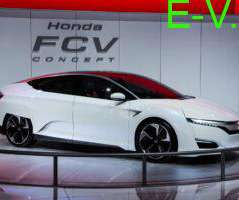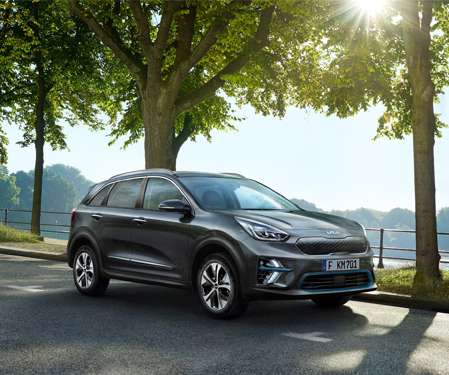IEA working paper highlights potential role of natural gas in reducing global road transport CO2
Green Car Congress
NOVEMBER 13, 2010
NGV [natural gas vehicle] programmes are usually driven by other goals than greenhouse-gas reduction, although NGVs can certainly contribute to decarbonising transportation and as such should be part of plans to move towards sustainable transport. The paper uses Brazil, India, Iran, Pakistan, the US and Europe as case studies.
















Let's personalize your content